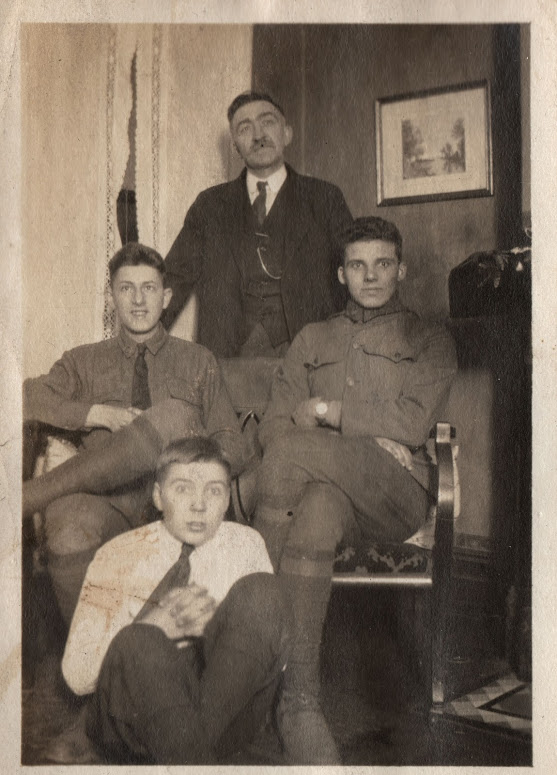
I don’t own a gun. I don’t own a gun not because I am *against* guns per se, but guns scare me. Research has indicated that if you carry a gun for protection you are more likely to be shot. Especially if you don’t know how to use it. That would be me. I have shot a gun – many of my friends own guns – but I don’t *really* know how to use one. I am also not prepared to kill someone. If you have a gun for self defense I think you have to (mentally) be prepared to shoot someone. I don’t think I could do that.
I have fired a gun, I have shot clay pigeons (which is great fun) – I even got to yell ‘pull’. I have shot a pistol at a soda-pop bottle. I have friends who lived on a farm and had trouble with Coyotes. They owned a gun and actually tried to buy guns (semi-automatics) so that they could easily kill the offending Coyotes (who killed their chickens and other livestock) with out much pain and suffering on the Coyote’s part. They keep their guns locked in a cabinet. I have friends who hunt, like people in Britain licensed to have hunting rifles, hunters use guns to enjoy a nice fresh duck or deer now and then.
The recent shooting tragedy in America has broken our hearts – mine included. So pointless. So sad. With some restriction – it feels like – these things could be prevented. It is about fear. Fear for our children. Fear for ourselves. Fear of random acts of violence that kill swathes of innocent people. I am afraid of guns. I get this fear. I don’t want our nations children to be whacked by some guy with a gun. I doubt hardly anyone does want this. Including people that own guns. This is worth remembering.
My cousin owns a gun. She has been personally attacked in the past. As a result she has learned how to use a gun, obtained a license for said weapon and carries it for self-defense. Why? Because she is afraid and wants to protect her family. It is about fear.
Gun control in America is about the hardest topic you can think of to discuss in the USA. The debate is almost tribal. I don’t understand guns for protection, I can’t figure out why you would want one for self defense. But that is how I see the world. It is not how someone who buys a gun for self-defense sees the world.
But it all boils down to fear, I think. The 2nd amendment of the US constitution gives its citizens the right to bear arms. Gun advocates use this in defense of carrying/owning guns. I don’t think this is a very good argument. The constitution also says slaves are 5/8th of a human, that has now (thankfully) been over-turned. No tyrants have been over-thrown by the US citizens through armed conflict. Discounting the Civil War – which is a whole other messy can of worms and not really relevant – US citizens haven’t risen up in arms against Washington and I don’t think that is going to happen anytime soon.
What I think this debate should be about is fear. Why do we, when we fear for ourselves, think I should get a gun? Whatever gun laws you do enact, it won’t make a huge amount of difference to criminals. That is why they call them criminals. Given the recent school shootings in the last 20 or so years, we as Americans need to talk about fear and about what we are going to do to prevent it. We need to address the question of why conflict resolution through gun ownership has become so prevalent in our society. We need to talk about gun control, we need to talk about solutions. We need to listen to each other. We need to listen to WHY people own guns self-defense. What do they fear? We need to ask WHY people hate guns and fear guns. What do they fear? We need a constructive open dialog about fear and weapons and to think about how to prevent tragedies like Columbine and Sandy Hook. Without blame. I mean really without blame.
Because, in the end, as a great man once said, there is nothing to fear but fear itself.






